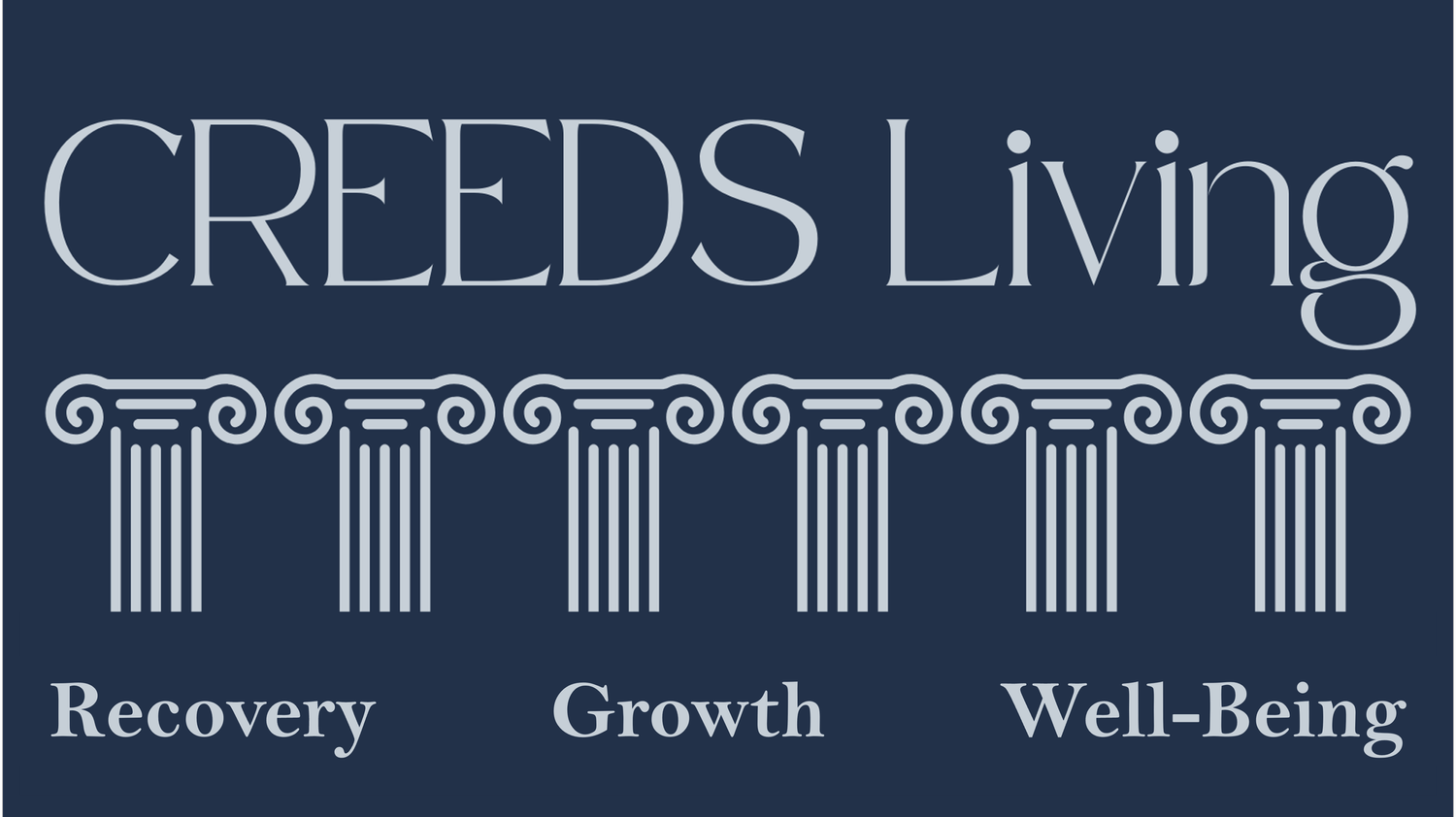Reflection
Some people are not comfortable reflecting. For them, it is scary. Or too much work. Or they figure they just aren’t going to like what they find. Others can reflect too much. They spend so much time reflecting that they aren’t actually doing. They enjoy reflecting so much that they never come to a conclusion.
The trick is to find the appropriate amount of time in your life to spend in reflection, then becoming comfortable and efficient with the time you spend in introspection.
I am one of those people who love reflecting, because I’m anxious to discover whatever it might be that I’m missing. My struggle with reflection is stepping out of the forest of overthinking and onto the path forward.
For the most part, self-reflection is thought of in terms of expectations or goals. It entails observing and analyzing your actions, emotions, and behaviors from a previous period of time. Measuring the distance between where you are and where you thought you’d be. Or where you’d like to be.
Where you are could be something as abstract as an emotional or spiritual presence, or how you treated yourself or another person. It could be much more tangible, such as pounds on the scale or a promotion at work. There are no limits on the subject matter of your reflection. Your own creeds will determine what is worth examining.
The only way we can make progress is through adjusting and refining. Determining what to adjust and refine is a result of reflection.
There is a tendency to reflect only in times of stress or turmoil. Why did I do that?, as a response to something destructive. This is helpful, but it can’t be the full process. Reflecting when times are good is important. Taking a look back when we are on even keel may be even more crucial.
It is during these steady times that we can train ourselves, work our reflection muscles, so to speak. Establish a pattern and habit that is strong enough to continue through the crazy times.
If you aren’t in a habit of regular self-reflection, I would argue that you wouldn’t even need to take action initially. Just learn to reflect. Discover the times of day and days of the week when you do your most productive thinking. Maybe it’s first thing in the morning, or after a hard workout, or during an afternoon stroll.
From there, learn to recognize emotions and feelings without judgement. Become comfortable describing the emotions that are part of your reaction to some point in he past. Did I like how I behaved or not? Why? Do I want to change, or do I want to get better and repeat?
If you aren’t sure how you feel about something, this could be a time for studying and connection. Read and listen to other’s thoughts on the subject. Reach out to someone you trust. ‘
Once you become comfortable with your own analysis you can begin to take action. It could be a while. If you are struggling emotionally or spiritually you may need to find some level of wellness first. If your life has been turned upside down as a result of depression, addiction, or anxiety, you may not trust yourself to make the right assessments.
That’s fine. Keep reflecting. Keep working on understanding the things you value most. Maybe the first thing you could do is examine who you are and how you feel about yourself. Don’t worry about the outside world. Reflect on you.
